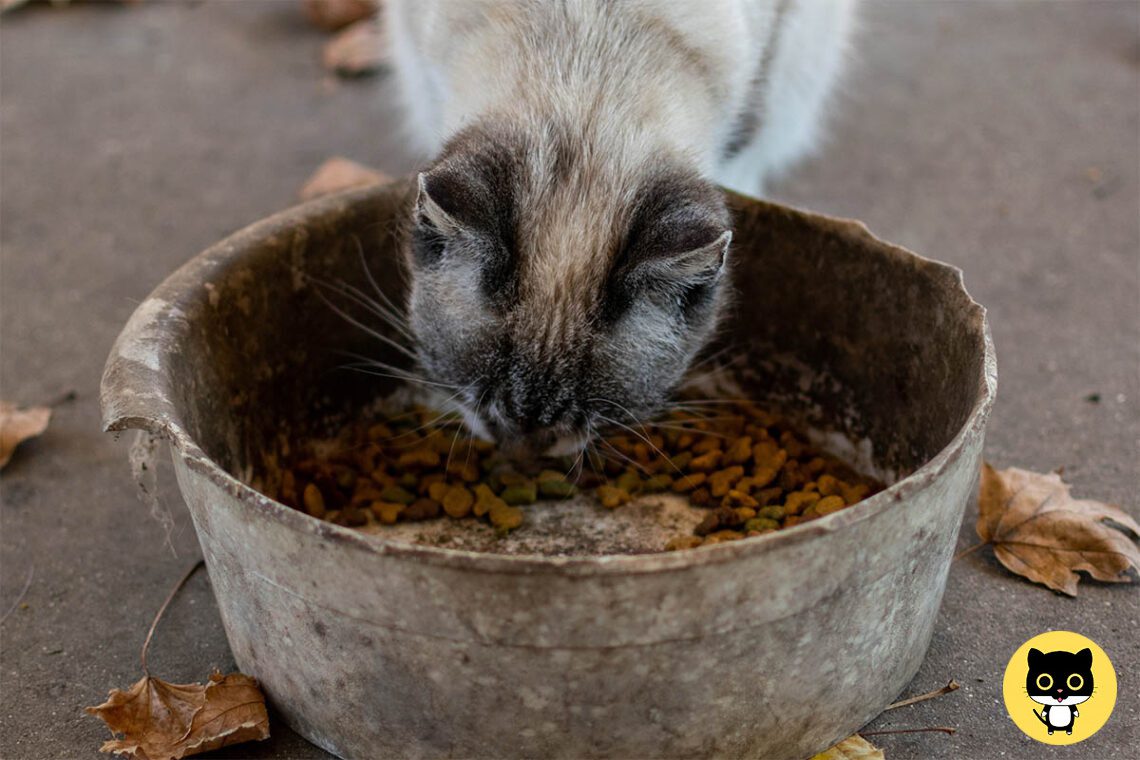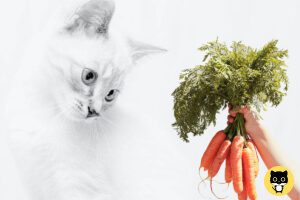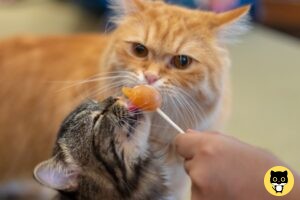Cats are fascinating creatures with unique dietary requirements that set them apart from other animals. As obligate carnivores, cats have evolved to thrive on a diet primarily consisting of animal-based proteins. In this guide on cat nutrition needs, we will explore the essential nutrients that cats need. We will look at the importance of proper nutrition at different life stages. And we will look at signs of poor nutrition to watch out for, and tips on feeding your feline friend for optimal health and well-being.
Understanding Cat nutrition Needs
Cats have specific nutritional needs that must be met to ensure their overall health and vitality. As obligate carnivores, their bodies have adapted to efficiently digest and utilize animal proteins. Protein is crucial for cats as it is involved in the development and maintenance of muscles, organs, enzymes, hormones, and antibodies. Additionally, certain amino acids such as taurine and arginine are essential for cats and can only be obtained through their diets.
Unlike dogs, cats cannot synthesize certain essential nutrients like taurine, arachidonic acid, and preformed vitamin A. Therefore, it is important to provide them with high-quality cat food that contains these essential nutrients derived from animal sources. Commercial cat foods formulated for adult maintenance usually meet the nutritional requirements of cats. But it’s essential to choose a reputable brand that provides complete and balanced nutrition.
Cat nutrition Needs at Different Life Stages
The nutritional needs of cats can vary depending on their life stage. Kittens, for example, require higher amounts of fat and protein compared to adult cats and senior cats. This is because kittens are growing rapidly and need extra energy and nutrients to support their development. It is recommended to feed them specially formulated kitten food that meets their unique requirements.
As cats reach adulthood, their nutritional needs change. Adult cats still require a diet rich in high-quality protein and fat to maintain their lean muscle mass and energy levels. Feeding them an appropriate amount of food to maintain a healthy body condition is crucial to prevent obesity-related health issues like diabetes and lower urinary tract disease.
In their senior years, cats may benefit from a diet specifically designed for senior cats. These diets often contain lower levels of certain minerals like magnesium, calcium, and phosphorus, which can help support their aging bodies. However, high-quality protein remains important for senior cats to maintain their muscle mass and overall health.
Signs of unmet cat nutrition Needs
Proper nutrition is essential for cats to thrive, and signs of poor nutrition should not be ignored. Cats with inadequate nutrition may exhibit symptoms such as a dull coat, excessive shedding, poor grooming habits, loose stools, frequent gas, vomiting, and failure to gain weight. These signs can indicate that the food they are consuming does not meet their nutritional needs.
If you notice any of these signs in your cat, it’s important to evaluate their diet and consider switching to a high-quality cat food that provides the necessary nutrients. Consulting with a veterinarian can help identify any underlying issues and determine the best course of action to improve your cat’s nutrition and overall well-being.
Common Food Allergies in Cats
While food allergies are relatively uncommon in cats compared to other animals, they can still occur. Cats with food allergies may experience constant itching, especially around their head and face. Common food allergens for cats include beef, chicken, corn, wheat, and fish. If you suspect your cat has a food allergy, it’s best to consult with a veterinarian for proper diagnosis and guidance on managing their diet.
Feeding Guidelines for Cats
Feeding your cat a well-balanced diet is crucial for their overall health and longevity. The amount and type of food to feed your cat can vary depending on their age, weight, and activity level. It’s important to follow feeding guidelines provided by the manufacturer of your chosen cat food.
For adult cats, a general recommendation is to feed them about half a cup of dry food per day, adjusting the amount based on their weight. If you prefer feeding canned food, aim for two five-ounce cans or four three-ounce cans per day. Fresh foods like tuna and salmon can also be included as occasional supplements. But ensure they are of high quality and do not replace the essential nutrients provided by a complete cat food.
Ensuring a Balanced Diet for Your Cat
Feeding a commercial cat food that is specifically formulated to meet the nutritional needs of cats is the best way to ensure a balanced diet. These foods are carefully formulated to provide the necessary nutrients in the right proportions. Homemade diets may not provide all the essential nutrients cats need, such as taurine, which is crucial for their health.
Supplements are generally unnecessary if you are feeding your cat a high-quality commercial cat food. These foods are designed to provide all the necessary vitamins, minerals, and other nutrients. However, in certain medical conditions, your veterinarian may recommend specific supplements, such as fatty acid supplements or omega fatty acids, to address specific needs.
Choosing Between Dry and Wet Food
The choice between dry and wet cat food ultimately depends on your cat’s preference and specific needs. Both options can provide a complete and balanced diet for cats. Dry food is convenient, has a longer shelf life, and can help with dental health. Wet food, on the other hand, provides additional hydration and can be more palatable for cats with dental issues or those who prefer a moist texture.
It’s important to note that maintaining proper hydration is crucial for cats. While wet food can contribute to their water intake, it’s essential to provide fresh, clean water at all times. Monitoring your cat’s water consumption and ensuring they have access to water throughout the day is important for their overall well-being.
To summarize:
Understanding the unique dietary needs of cats is essential for providing them with optimal nutrition and ensuring their overall health and well-being. As obligate carnivores, cats require a diet rich in animal-based proteins, essential amino acids, and other key nutrients. Feeding them a high-quality, complete, and balanced cat food that meets their specific requirements at each life stage is crucial.
By providing proper nutrition, monitoring their body condition, and addressing any signs of poor nutrition or allergies, you can help your cat lead a long, healthy, and happy life. Regular veterinary check-ups can also ensure that your cat’s nutritional needs are being met and any specific dietary recommendations are followed. Remember, a well-fed cat is a happy and healthy companion.
- Cats have a higher protein requirement than dogs due to their unique metabolic needs.
- Taurine, arginine, arachidonic acid, preformed vitamin A, and niacin (vitamin B3) are essential nutrients for cats.
- Signs of poor nutrition in cats include a dull coat, poor grooming, loose stools, and failure to gain weight.
- Common food allergens for cats include beef, chicken, corn, wheat, and fish.
- Feeding guidelines for adult cats vary but generally include half a cup of dry food or two five-ounce cans of wet food per day.
- Commercial cat foods provide a balanced diet, but supplements may be necessary in certain medical conditions.
- The choice between dry and wet food depends on your cat’s preference and specific needs, but hydration is important regardless of the food type.
Please register to let us know what you think below and to post in the Forums.







One Reply to “Cat nutrition Needs”